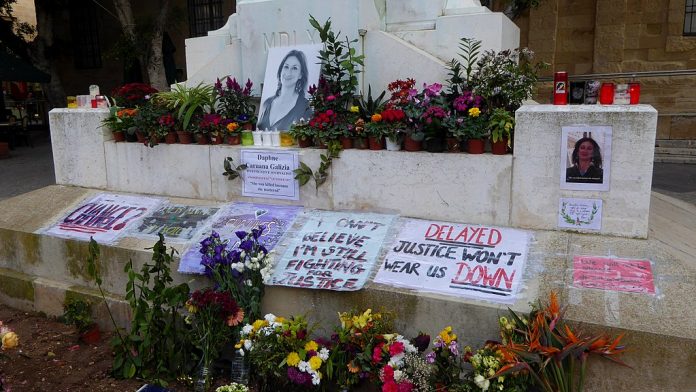With an average turnout of 78,66% for the last three European elections since it became an EU member state, Malta is by far the country with the largest turnout where voting is not compulsory. Higher turnouts than for Malta have only been registered in two of the four countries where voting is compulsory: Belgium and Luxembourg.
Voting is only possible in person – on the official election day, or by voting earlier on 18 May. Electronic voting, postal voting and vote by proxy are not possible. To facilitate voting, the Maltese government will subsidise the travel costs from various European countries for Maltese registered voters who are away from the country at the time of the election.
Only two parties monopolise power in the country, the Labour (PL) and the Nationalist (PN), which are members of the S&D Group and the EPP Group respectively. The country is the target of EU investigations concerning rampant corruption. Citizenship sale and Golden visas’ industry is flourishing in the country.
On 16 October 2017 Daphne Caruana Galizia an investigative journalist was murdered.
In 2014 European elections the Labour and the Nationalist parties won 3 seats each.
According to the latest polls the ruling Labour party enjoy support of more than 56% of the voters while the Nationalist seems to be in electoral retreat (37%. By consequence it is expected that the PL wins 4 seats and the PN 2.
European elections will take place on 25 May. The electoral system has no threshold for access to the European Parliament.

